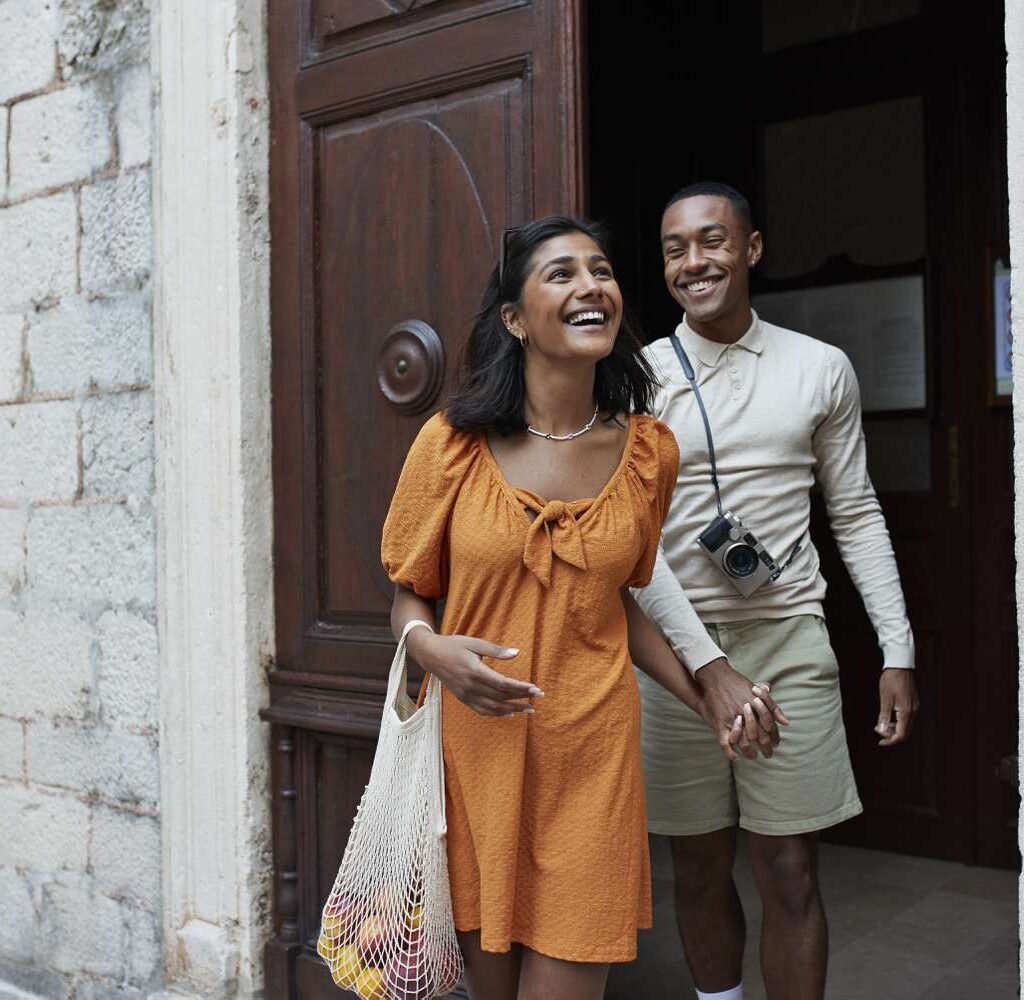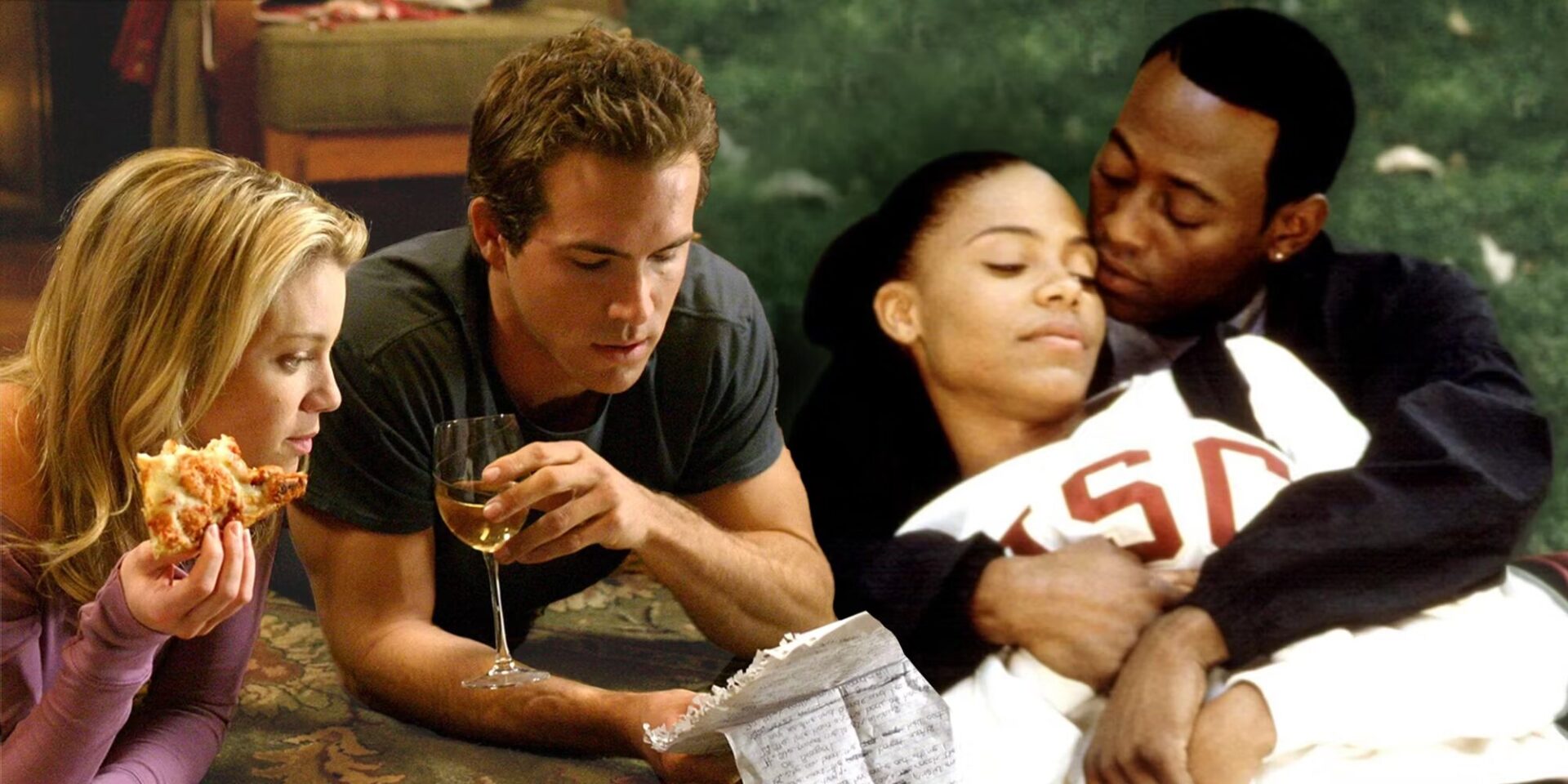
Have you ever found yourself wondering if your friendship could blossom into something more? The transition from friends to lovers is a journey that many people embark on, filled with excitement, uncertainty, and the potential for deepening your connection with someone you already care about. In this article, we’ll explore the signs that indicate a friendship might be evolving into a romantic relationship, and we’ll provide tips on how to navigate this transition with grace and confidence.
Recognizing the Signs
1. Increased Emotional Intimacy
LSI: emotional connection, deepening bond, close friendship
One of the first signs that your friendship may be turning romantic is an increase in emotional intimacy. You find yourself confiding in each other more often, sharing your dreams, fears, and vulnerabilities. There’s a sense of trust and understanding that goes beyond what you typically experience in a platonic friendship.
2. Heightened Physical Attraction
LSI: chemistry, physical attraction, romantic interest
Another sign to look out for is a heightened physical attraction. You may find yourself noticing your friend in a new light, appreciating their physical features, and feeling a desire to be close to them physically. There may be subtle changes in your interactions, such as lingering touches or prolonged eye contact, that hint at a deeper level of attraction.
3. Increased Time Spent Together
LSI: spending time, quality time, companionship
If you and your friend are suddenly spending more time together than usual, it could be a sign that your relationship is evolving. You may find yourselves making plans to hang out more often, seeking each other’s company, and prioritizing time together over other commitments.

4. Jealousy and Protective Behavior
LSI: jealousy, protectiveness, possessiveness
Feelings of jealousy or protectiveness towards your friend may also indicate that your feelings are shifting towards romantic territory. You may find yourself feeling jealous when your friend spends time with others or feeling a desire to protect and care for them in a way that goes beyond friendship.
5. Flirtatious Behavior
LSI: flirting, playful banter, romantic interest
Pay attention to any flirtatious behavior between you and your friend. This could include playful teasing, compliments, or gestures that suggest a romantic interest. If you find yourselves engaging in flirtatious banter more often, it could be a sign that there’s a romantic spark between you.
Making the Move
If you’ve noticed these signs and you’re interested in exploring a romantic relationship with your friend, it’s important to approach the situation with care and respect. Here are some tips for making the move from friends to lovers:
1. Communicate Your Feelings
LSI: honest communication, open conversation, expressing emotions
The first step is to communicate your feelings openly and honestly. Let your friend know that you value your friendship and that you’ve developed romantic feelings towards them. Be prepared for any response, whether it’s positive or negative, and approach the conversation with empathy and understanding.
2. Take It Slow
LSI: taking things slow, gradual progression, building foundation
It’s important to take things slow and allow your relationship to develop naturally. Rushing into a romantic relationship can put unnecessary pressure on both of you and may jeopardize the friendship if things don’t work out. Focus on building a strong foundation of trust and communication.
3. Respect Their Feelings
LSI: respecting boundaries, mutual consent, understanding
It’s crucial to respect your friend’s feelings and boundaries throughout this process. If they don’t share your romantic feelings, it’s important to accept their decision gracefully and not pressure them into anything they’re not comfortable with. Remember, a strong friendship is valuable, even if it doesn’t turn into a romantic relationship.

4. Be Prepared for Change
LSI: adapting to change, evolving relationship, new dynamics
Entering into a romantic relationship with a friend can change the dynamics of your friendship. Be prepared for these changes and be open to adapting to the new dynamics that come with a romantic relationship. Communication and understanding are key to navigating these changes successfully.
5. Seek Support
LSI: support system, friends and family, seeking advice
Lastly, seek support from friends, family, or a therapist if you’re feeling unsure or overwhelmed. Talking to others about your feelings can provide you with valuable perspective and guidance as you navigate this transition.
Conclusion
Navigating the transition from friends to lovers can be both exciting and challenging. By recognizing the signs of a potential romantic interest, communicating your feelings openly and respectfully, and taking things slow, you can increase the likelihood of a successful transition. Remember, whether your relationship remains platonic or blossoms into something more, the most important thing is to cherish and value the friendship you share.
FAQs
1. Can a friendship survive after becoming romantically involved?
Yes, many friendships can survive and even thrive after becoming romantically involved. However, it’s important to communicate openly, set boundaries, and be prepared for changes in the relationship dynamics.
2. How do I know if my friend has romantic feelings for me?
Look out for signs such as increased emotional intimacy, heightened physical attraction, flirtatious behavior, and jealousy or protectiveness. However, the best way to know for sure is to have an open and honest conversation with your friend about your feelings.
3. What if my friend doesn’t share my romantic feelings?
If your friend doesn’t share your romantic feelings, it’s important to respect their decision and not pressure them into anything they’re not comfortable with. Focus on maintaining the friendship and being supportive of their feelings.
4. Is it worth the risk to pursue a romantic relationship with a friend?
Pursuing a romantic relationship with a friend can be worth the risk if both parties are interested and willing to communicate openly and honestly. However, it’s important to consider the potential impact on the friendship and proceed with caution.
5. How can I avoid damaging the friendship if things don’t work out romantically?
To avoid damaging the friendship, it’s important to communicate openly, respect each other’s feelings, and give each other space if needed. Focus on maintaining the friendship and being supportive of each other, regardless of the romantic outcome.

